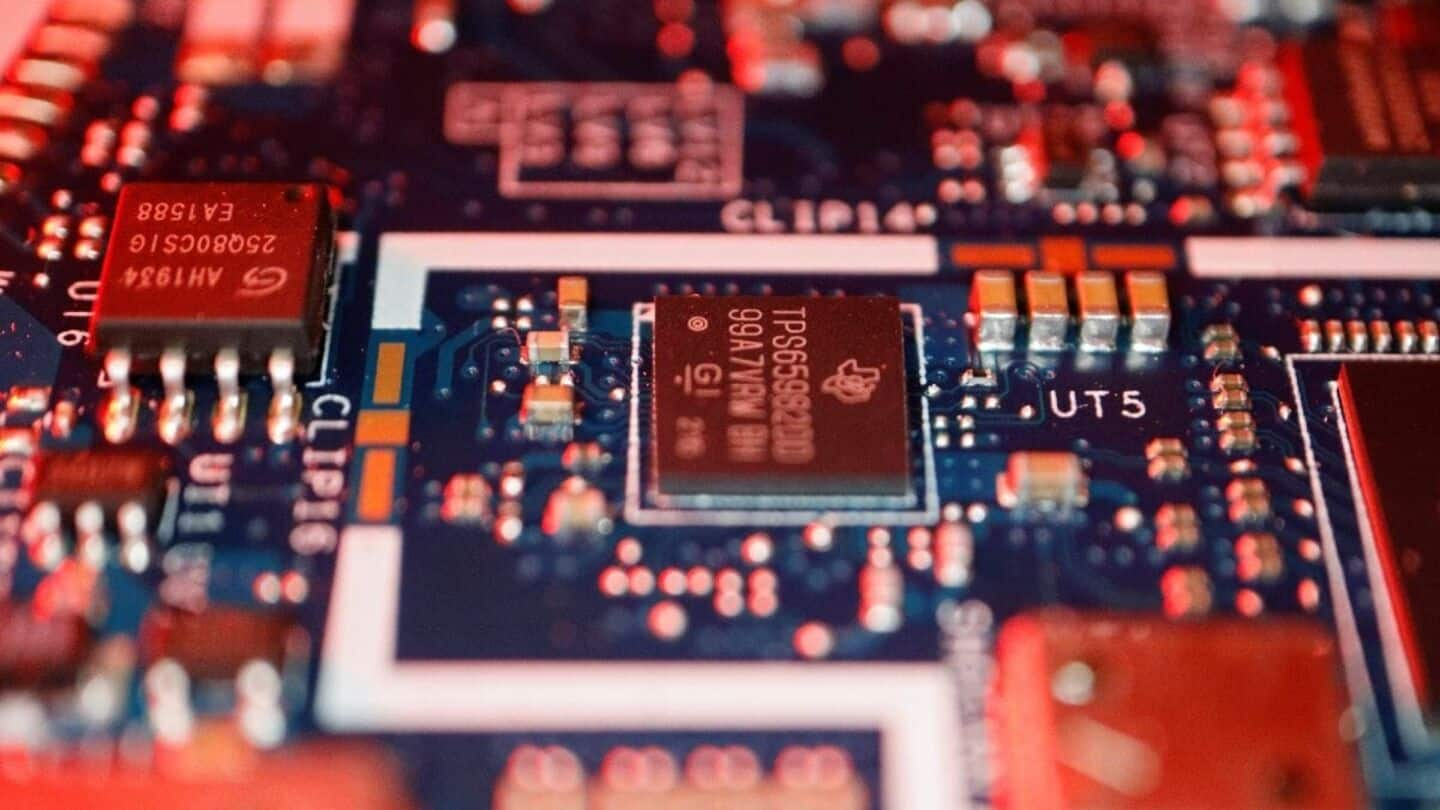
India developing 25 chipsets using local IP: Ashwini Vaishnaw
What's the story
India is developing 25 chipsets on the basis of indigenous intellectual property (IP), Union Minister Ashwini Vaishnaw has said.
The effort is part of the Design-Linked Incentive (DLI) scheme and targets high-risk areas such as surveillance and Wi-Fi access.
Speaking to Business Standard, Vaishnaw confirmed that 13 projects are underway, spearheaded by the Bengaluru-based Centre for Development of Advanced Computing (C-DAC).
IP ownership
Emphasizing importance of indigenous technology
Vaishnaw stressed the importance of owning indigenous technology, saying it "ensures security and transforms us from a services nation to a product nation."
He also announced plans for semiconductor fabs to make these chips locally.
This is expected to enhance India's self-reliance in chip production and lessen the reliance on foreign technology.
Educational initiative
Government supports education with chip design tools
To nurture talent in this field, the government has given 240 educational institutions top-notch chip design tools.
Vaishnaw also revealed that 20 chips designed by students will soon be taped out (finalized design data sent to foundry for fabrication) at the Semiconductor Laboratory in Mohali.
This initiative will boost confidence and also prepare 85,000 skilled engineers over the next decade for India's growing semiconductor industry.
Economic impact
PLI scheme boosting electronics production and exports
Vaishnaw also spoke about the newly introduced Production-Linked Incentive (PLI) scheme for electronic components.
He said that the initiative is expected to double value addition in five years.
The PLI has already led to a fivefold increase in electronics production and sixfold surge in exports in the past decade, creating 2.5 million jobs during the period.